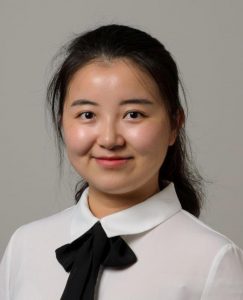
The Yi Zhang research group paper, “Liquid-based encapsulation for implantable bioelectronics across broad pH environments”, was published in Nature Communications, in January, 2025.
Wearable and implantable bioelectronics that interface with various biological tissues and environments have a wide range of applications, including pain management, electrophysiological mapping and stimulation of cardiac tissue, and gastrointestinal monitoring and modulation. These biological tissues and environments span a broad pH range, from the highly acidic conditions in the gastrointestinal system (as low as pH 1.5) to the alkaline environment of chronic wounds (up to pH 8.9). The encapsulation of these systems, however, presents a major challenge, as such devices require superior barrier performance against water and ion penetration in challenging pH environments while also maintaining flexibility and stretchability to match the physical properties of the surrounding tissue. Current encapsulation materials are often limited to near-neutral pH conditions, restricting their application range. Here, Yi Zhang lab from the Institute of Materials Science and Biomedical Engineering Department reports a liquid-based encapsulation approach that achieves year-long encapsulation performance for wireless optoelectronics under highly acidic conditions (pH 1.5–4.5). This approach also achieves high optical transparency, stretchability, and mechanical durability. This liquid-based encapsulation strategy is broadly applicable to a range of implantable bioelectronics, particularly in challenging acidic or alkaline conditions.
Congratulations to first co-authors, Xiaoting Xue and Xincheng Zhang, of the Zhang Research Group.
